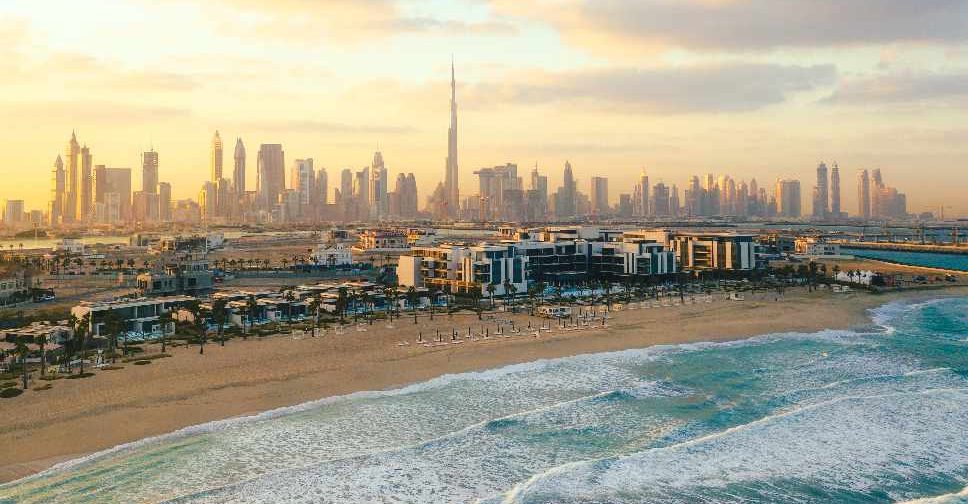
Dubai welcomed 3.7 million overnight visitors from July 2020 to May 2021.
The figures have been released by the Department of Tourism & Commerce Marketing (Dubai Tourism) as the emirate marks a year since reopening borders to international tourists on July 7.
The positive performance reinforces the leading role Dubai is playing in global tourism recovery, underscoring its enduring appeal as a must-visit destination and reaffirming its commitment to ensuring the health and safety of everyone.
"The new data reveals that Dubai’s tourism rebound is gathering pace despite the current challenges faced by international markets," said His Highness Sheikh Hamdan bin Mohammed bin Rashid Al Maktoum, Dubai's Crown Prince and Chairman of The Executive Council of Dubai.
"Dubai’s ability to implement a rigorous precautionary protocol regime has made the city one of the world’s safest destinations for travelers. As we gear up to host Expo 2020, these exceptional standards will enable us ensure the event provides the highest global benchmarks of safety and security for all visitors," he added.
.@HamdanMohammed: The growing momentum of recovery not only reflects the fundamental strengths of #Dubai’s tourism sector and the diversity of its source markets but also the emirate’s economic resilience and agility in the face of a rapidly fluctuating global environment.
— Dubai Media Office (@DXBMediaOffice) July 6, 2021
As #Dubai marks a year since reopening its borders to international tourists on 7 July 2020, the latest data published by @dubaitourism shows the city welcomed 3.7 million overnight visitors during the 11-month period from July 2020 to May 2021. https://t.co/HZj1920nIH
— Dubai Media Office (@DXBMediaOffice) July 6, 2021
According to Dubai Tourism, the emirate received more than 1.7 million visitors between July and December 2020 from markets that were open, and an additional two million visitors in the first five months of 2021.
The evolving travel landscape has brought forth some noteworthy performances from feeder and emerging markets, especially CIS countries like Kazakhstan and Ukraine, and East African markets Ethiopia and Sudan, that have all exhibited strong growth potential to be among the top 15 source markets for Dubai since it reopened its doors to global travellers.
The provision of a relief package worth over AED 7.1 billion combined with a phased reopening of key sectors and Dubai Tourism’s strong collaboration with local stakeholders and over 3,000 partners worldwide, helped the industry chart a steady course for recovery.
Hotel occupancy
Pent-up demand for staycations among UAE residents, both Emiratis and expatriates, drove tourism growth with hotel occupancy rising significantly from 35 per cent in July 2020 to 58 per cent in May 2021.
Occupancy levels peaked in December 2020 (69 per cent) and in January 2021 (66 per cent) with the city ranking second globally after Singapore and ahead of Paris and London, according to data from hotel management analytics firm STR.
Notably, the average daily rate (ADR) recovered from AED 238 in July 2020 to AED 383 in May 2021.
Despite the disruption caused by COVID-19 across sectors, Dubai continues to represent a major opportunity for hotel developers.
A total of 591 hotel establishments with 100,000 rooms were operating in July 2020 in full compliance with health and safety protocols.
This has now increased to 715 hotel establishments offering 128,000 rooms in May 2021.
The concerted efforts of Dubai Tourism and partners to drive demand for domestic travel saw the city's hotels welcoming 5.5 million domestic visitors between July 2020 and May 2021, compared to 2.66 million domestic arrivals from July 2019 to May 2020 (year-on year growth of 106 per cent).
The hotels also enjoyed an average 56 per cent occupancy during the Eid Al Fitr holiday week in May 2021, which though less than the average occupancy of 62 per cent during the Eid week in 2019, highlighted the crucial role played by the domestic market in Dubai’s tourism recovery.
Domestic hotel arrivals during the Eid break in May 2021 also accounted for 62 per cent of all hotel guest arrivals compared to 47 per cent in 2019.

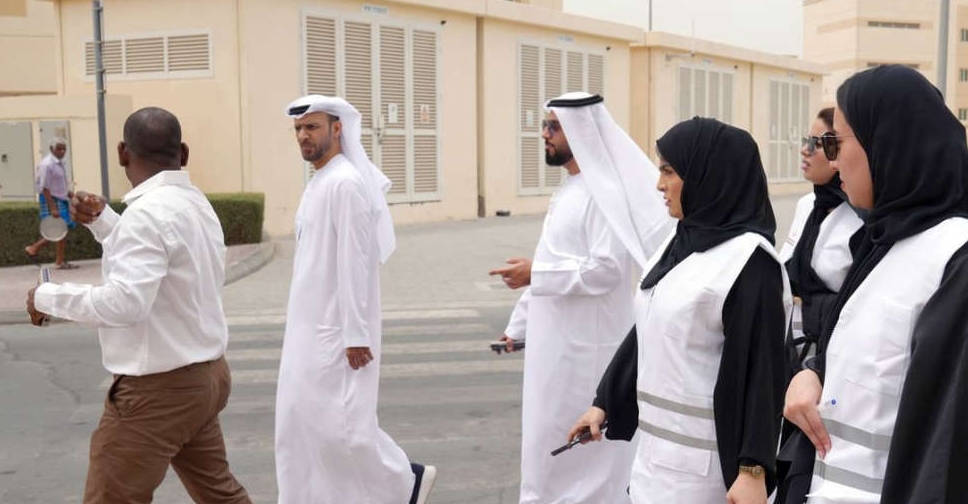 National Human Rights Institution visits labour accommodation
National Human Rights Institution visits labour accommodation
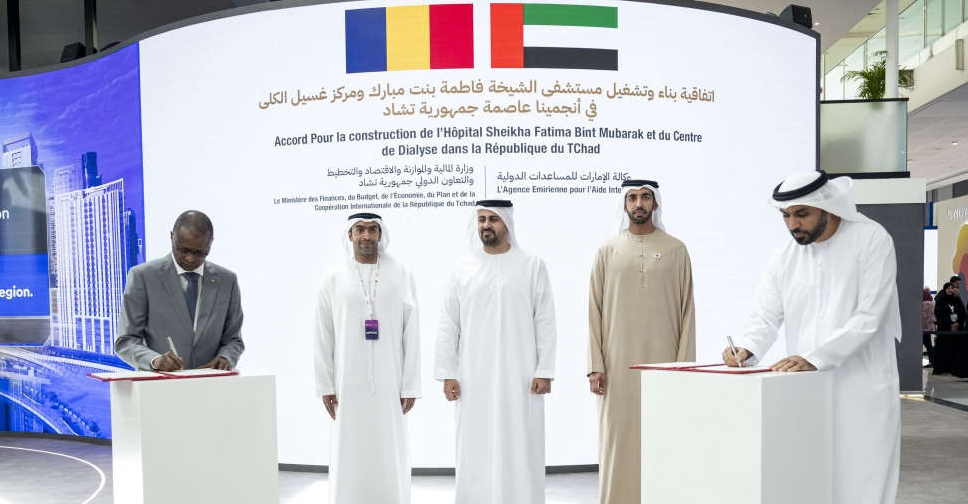 UAE to build hospital, dialysis centre in Chad
UAE to build hospital, dialysis centre in Chad
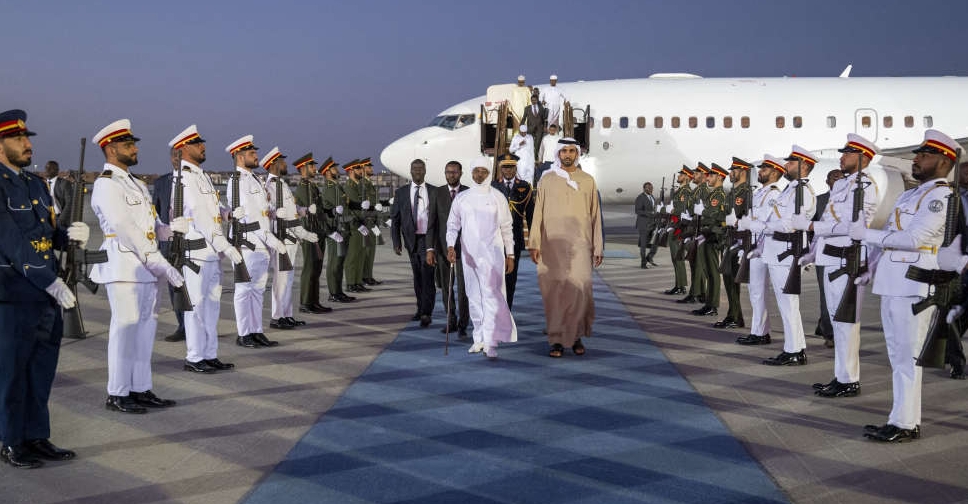 President of Chad arrives in UAE on official visit
President of Chad arrives in UAE on official visit
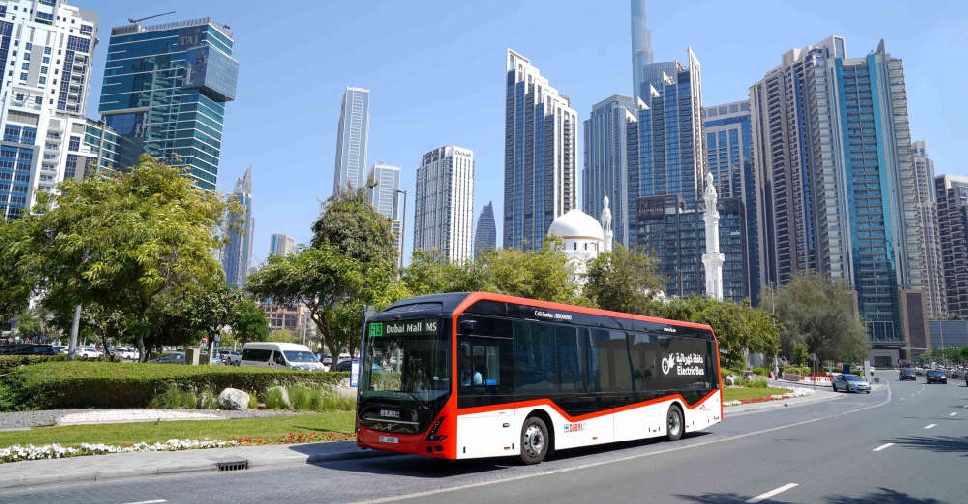 Dubai trials high-tech electric bus in drive toward zero emissions
Dubai trials high-tech electric bus in drive toward zero emissions
